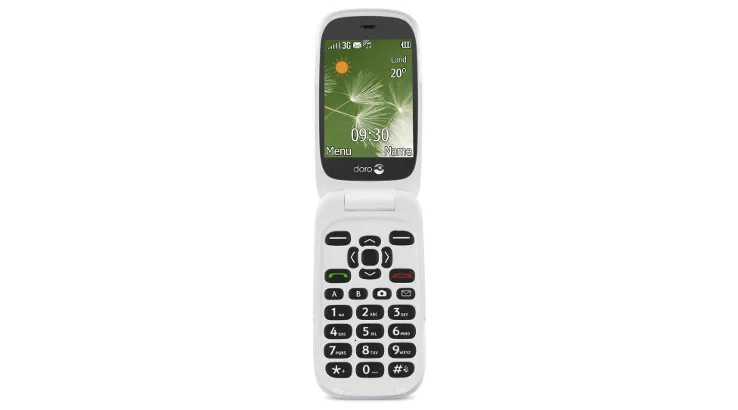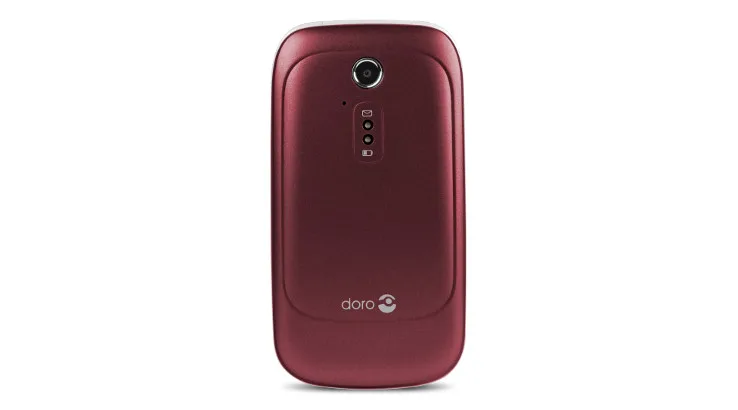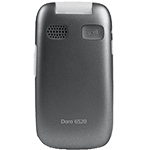Doro 6520: Plans | Pricing | Specs
Summary
With a flip-phone design, easy-to-press buttons and a raft of accessibility features, the Doro 6520 is a simple alternative to the complexities of modern smartphones.
Details
Pricing & Availability
| Launch price (RRP) | $119 |
| Launch date | 2012 |
British phone manufacturer Doro set about designing simple, affordable handsets that strip away all extraneous smartphone features and focus primarily on calling and texting. The Doro 6520 is one such handset. Pitched as an "Easy Phone", the 6520 incorporates a range of accessibility features that make it particularly well-suited for the elderly or those with disabilities that affect their dexterity and motor functions.
Design
- Simple flip-phone design with large physical buttons for easy operation
- Wide array of accessibility options for those who need them

Camera
- The simple point-and-shoot 2MP camera should serve well enough for basic photography
- You'll want to purchase a microSD card if you plan on taking a lot of photos or videos

Performance
- Sufficient power for the simple tasks it's designed for
- Limited internal storage caps the number of contacts it can hold
Battery
- Up to 8 hours of talk time, according to Doro
- Battery can be removed and replaced if necessary
Pricing and availability
Doro 6520 specs
Display
Camera
Physical Dimensions
Connectivity
Power, storage and battery
Device features
Compare SIM-only plans for the Doro 6520
Latest Doro news
Doro PhoneEasy 623: pricing, specs and availability
The Doro PhoneEasy lives up to its billing, offering a distinctly easy phone experience for those who don't want a lot of fancy features.
Read more…Image: Shutterstock
